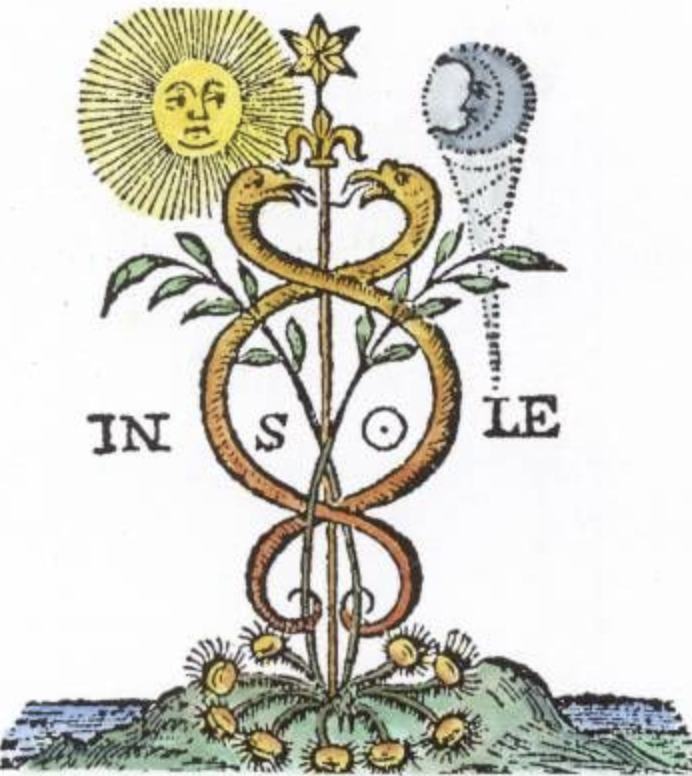What is hermetics?
Delve deeper into this profound tradition which offers insights into the interconnectedness of all things and the hidden truths that lie beyond the surface.

Hermeticism
is a philosophical and spiritual tradition that is based on the teachings attributed to Hermes Trismegistus, a legendary figure who is often considered a fusion of the Egyptian god Thoth and the Greek god Hermes. The Hermetic tradition is a diverse and multifaceted body of knowledge that encompasses various esoteric and mystical beliefs and practices.
Key elements of Hermeticism include:
The Hermetic Corpus: Hermeticism is associated with a collection of ancient texts known as the "Hermetic Corpus" or "Hermetica." These texts are attributed to Hermes Trismegistus and cover a wide range of topics, including philosophy, alchemy, astrology, mysticism, and spirituality. They are written in the form of dialogues and treatises.
The Principle of Correspondence: One of the fundamental principles of Hermeticism is the concept of "As above, so below; as below, so above." This principle suggests that there is a correspondence and interconnectedness between the macrocosm (the universe) and the microcosm (individuals or the earthly realm). It implies that understanding one level of reality can lead to insights about other levels.
Alchemy: Hermeticism has a strong association with alchemy, a spiritual and philosophical tradition that seeks to transform base metals into gold, achieve spiritual enlightenment, and attain the philosopher's stone, which is said to grant immortality. Alchemy is seen as a metaphor for inner transformation and the quest for spiritual enlightenment.
Esotericism and Mysticism: Hermeticism is considered an esoteric and mystical tradition because it involves the pursuit of hidden or deeper knowledge, often through spiritual practices and personal experiences. It emphasizes direct spiritual insight and gnosis.
Theurgy: Theurgy is a practice within Hermeticism that aims to establish direct contact with the divine or higher spiritual realms. It involves rituals, invocations, and meditations to connect with divine beings or energies.
Universal Religion and Philosophy: Some Hermetic teachings propose the existence of a universal religion and philosophy that transcends religious and cultural boundaries. It seeks to uncover the common spiritual truths that underlie all religions and belief systems.
Hermeticism has had a significant influence on Western esotericism, occultism, and the development of various mystical and spiritual traditions. It has also played a role in the history of science and philosophy, particularly during the Renaissance when there was a revival of interest in Hermetic texts and ideas.
It's important to note that Hermeticism is a complex and multifaceted tradition with various interpretations and schools of thought, and its beliefs and practices can vary among individuals and groups who identify with it.
check out our class calendar
Join our community!
At SunStar Healing, we are dedicated to sharing the profound teachings of Hermeticism with seekers like you.
Join our community of like-minded individuals, access valuable resources, and embark on a transformative journey towards self-discovery and enlightenment.
Subscribe To Join My Weekly Meditation List
Once you join my list, you’ll be added to my weekly email including the Zoom link for meditation class every Friday at 8PM EST. Energy exchange / cost is by donation.

